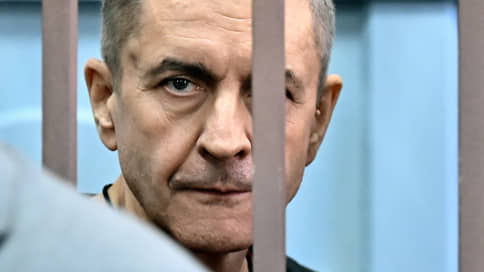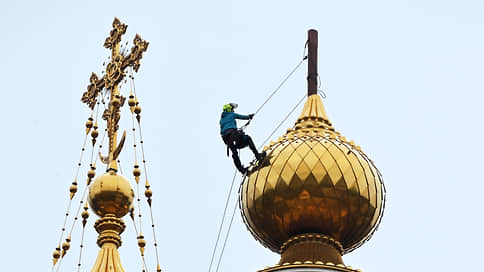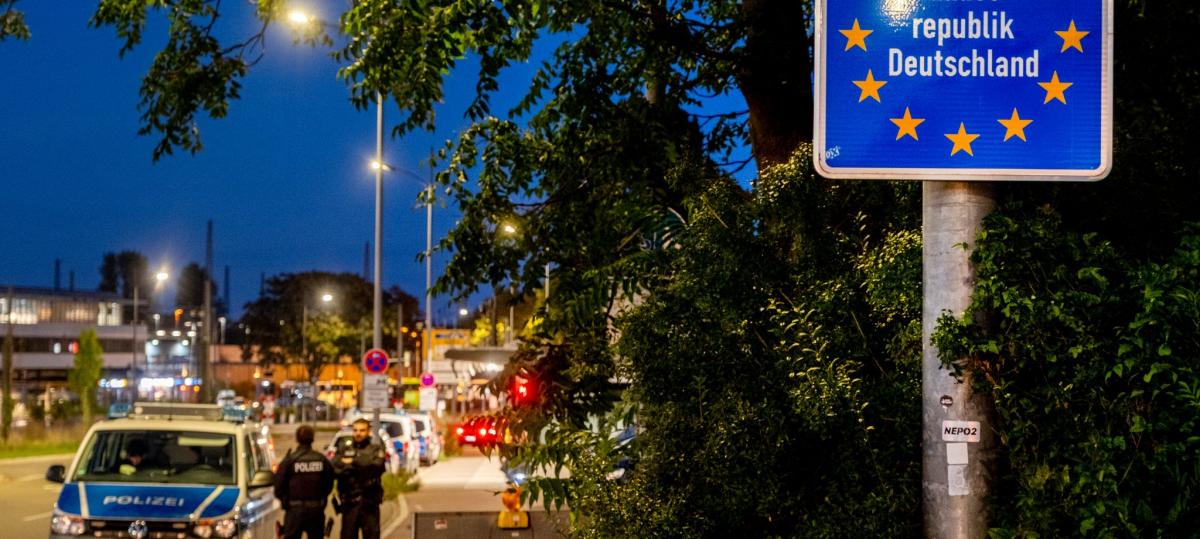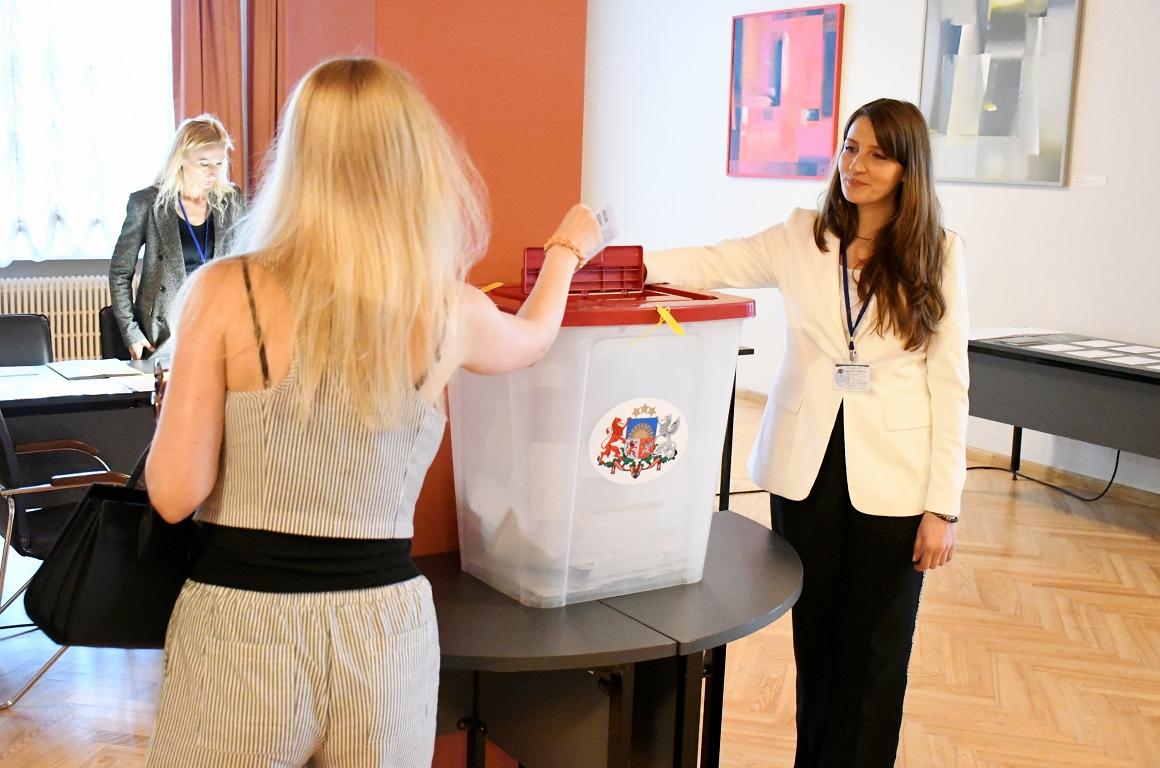How was the final of the cycle « Another space » in the Hall of Tchaikovsky
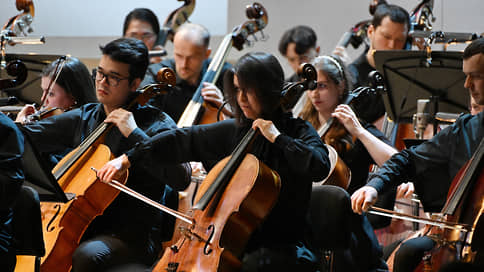
The final evening of the Philharmonic subscription “Another space” took place in the Chaikovsky hall. The Russian National Youth Symphony Orchestra (RNMSO) was conducted by Philip Chizhevsky. He presented a perfectly symmetrical program from the works of our contemporaries and classics of the twentieth century, which opened the introduction of Pierre Bouleza. Tells Ilya Ovchinnikov.
The annual annual concert cycle of relevant music “Another space” ended for the fourth time. This season, all three of his programs looked especially harmonious both separately and as part of the whole. Firstly, according to the new essay, Russian composers Alexei Sysoev, Vladimir Gorlinsky, Vladimir Rannev specially wrote; Each of the premieres became in its own way bright, but Gorlinsky’s “violin concert” was a particularly noticeable event of the season. Secondly, each program made it possible to hear composers of the last century equally-from the classics of the first half of the twentieth century to our contemporaries.
Thirdly, all three evenings were tied to round dates, but not formally, but informatively, referring to the indisputability of the figures whose anniversaries fell out for the season: the new Viennese school was represented by Arnold Schoenberg and Alban Berg, the post-war avant-garde-Luigi Nono and Pierre Bulez, the generation of the plus minors of the XX centuries-Lujuzhi-Luigi Dallapicol. Fourth, a century since the birth of Boulez was celebrated recently, and his music in the final of the cycle simply could not but be. As the words of the host of the concert of Yaroslav Timofeev could not help but sound that the IntercontempoPorain ensemble founded by Boulez in 2021 performed on this scene at the opening of the Suppement subscription.
True, if then the music of Bouleza occupied half the program – they played the “response”, one of the main works of the maestro, now we have heard only “improvisation II in Mallarm” for soprano, harp, piano and drums: a little more than ten minutes, but extremely important. Varvara Hansgoria (Soprano) and the soloists of the orchestra, led by Philip Chizhevsky, who showed themselves as first -class performers of modern music: in Russia today, no major team plays as much as RNMSO as RNMSO. “Improvisation II” eventually entered the large vocal cycle “fold behind the fold”, becoming its third part, and why not perceive it as a promise of the whole someday in the future?
Boulez’s music is unique, not like a sound that is not difficult to imitate, but it is impossible to repeat. The host compared the perception of the Boulezov sound with sensations from the cold bath and was right in its own way. Bouleza’s music is incredibly refreshing his hearing, setting him up – “Improvisation II” served as the introduction to the “Bouleza space”: Janis Ksenakis and Salvatore Sharrino, whose works played after him, one way or another belong to him, although their worlds differ strikingly both from each other and Bulezovsky. And also the music of the three differs in live performance from the recording, even the best: in the composition of Dox-Orkh, Xenakis and RNMSO brought down the audience with an sound wall of incredible power. The point is not that the number of performers on the stage has increased by nine times, but the branded chords of Xenakis have a power that even a large orchestra of later romantics is inferior.
Tatyana Grindenko-a legend of domestic execution, the pioneer of many important repertoire directions, performed a solo batch in Dox-Orkh. Sitting calmly in a high chair and without playing a rock star at all, she acted in this capacity: the sound of her violin often resembled an electric guitar, and it was easy to imagine the arrival of Xenakis to Moscow in 1994, when Grindenko played this essay in the presence of the author. He was probably pleased then and would be satisfied now.
“The Death of Borrini” for a reader with the Sharrino orchestra – a chronicle of dying: piercing himself with a sword, the great architect managed to talk about how and why this happened. Fragments of his story were performed by actor Claudio Tombini; The composer’s intention to embody “the madness of that night, and not her event” in the music looks speculative until you hear how it is implemented. Almost soundless “sighs” of flute, otherworldly sounds of copper brass bears with surdy, the knock of bells that do not call – in these sounds unnatural for instruments there is a dying madness. Twenty -five minutes pass as one. Faster than you want, the essay “Further – Silence” by Rannev, where the final notes of several hundred works are connected: the author reflects on why the classics from Haydn to Richard Strauss could be completed more or less the same. An equally important question is how this score can be perceived by the listener, who is not aware of her plan, and whether such an opportunity is implied in principle.

